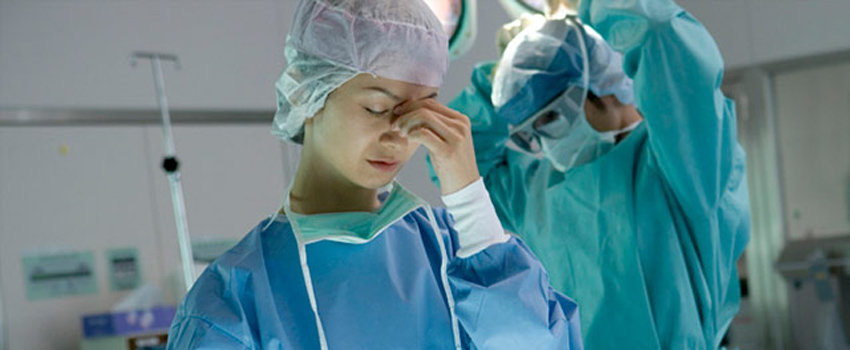 305-949-2526
305-949-2526 


Modern technology has been responsible for some amazing medical advancements in the last several decades. It is also, however, responsible for a number of surgical errors. Surgical errors are on the rise in this country and it is due in part to our increasing dependence on technology.
Researchers have found that complications associated with equipment malfunction contributed to 33% of technological issues, while format issues accounted for 44% of the cases. Approximately 15 surgical errors will take place during the course of routine surgery–and 25% will be directly the cause of equipment failure.
Surgical errors can be minimized if all those present on the surgery team adopt the application of a preoperative checklist. Equipment checks should be a standard and necessary part of that checklist. After all, machines are often responsible for filtering blood, administering narcotics and anesthesia, monitoring vital signs, and even acting as a patient’s heart or lungs while undergoing serious procedures. When this equipment fails or is calibrated improperly, disastrous consequences can occur.
Medical malpractice can happen anywhere a doctor or surgeon conducts a medical procedure, including a hospital, outpatient surgery center, or a doctor’s, dentist’s, or specialist’s office. Additionally, surgical malpractice is not limited to major surgery. Errors can occur during routine or elective procedures as well.
In some cases, you may be notified of an error immediately following the procedure. Yet, it is possible for errors to go undetected for some time, with symptoms not manifesting for weeks or months after a surgical procedure. In extreme cases, the surgical error could result in wrongful death accident.
Regardless of the severity of a surgical error, responsible parties must be held accountable. If you or a loved one have suffered injury or wrongful death as the result of a surgical error, contact our experienced and compassionate Surgical Malpractice Attorneys today to discuss your case and preserve your rights.